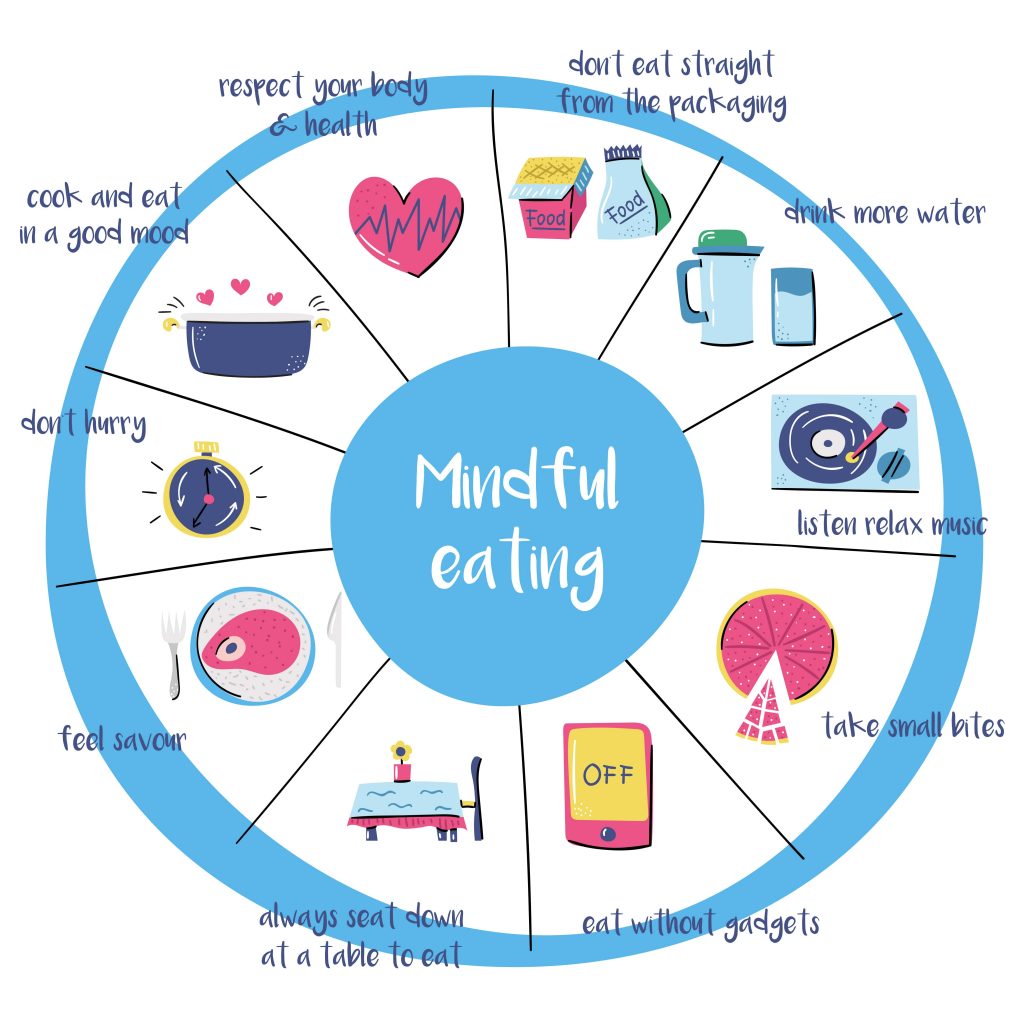Digestive health is important however digestive problems can be very common. For some people, gas, bloating, constipation, diarrhea or heartburn have become their new norm.
When your doctor can’t find the underlying cause of the problem, it’s called a gastrointestinal disorder with no specific cause. Fortunately, in many cases, there is a way to get some relief by changing your eating habits.
Click here to read, “How to Detoxify without Retoxifying Your Body”.
Here are my tips on how to achieve digestive health.
Bring On The Fibers
A high-fiber diet helps to keep food moving through your digestive tract, making you less likely to get constipated. You can progressively increase your fiber intake. Fruits, vegetables, whole grains and legumes will help you reduce diarrhea and constipation.
Foods which contain soluble fiber:
- Apples
- Oats
- Legumes
- Carrots
- Barley
- Psyllium
All helps lower cholesterol levels and helps control blood sugar levels.
Insoluble fiber helps to keep you regular, and prevent constipation. It adds bulk to the stool and appears to help food pass more quickly through the stomach and intestines.
Foods which contain insoluble fiber:
- Whole grains
- Nuts
- Beans
- Vegetables such as cauliflower, green beans and potatoes
If you are constipated, add more insoluble fiber. However, if you have diarrhea, go for soluble fiber.

Stay Hydrated
Low fluid intake is a common cause of constipation. The fibers absorb water, making the stool softer and easier to pass. If you are dehydrated, the fibers will be less effective and may worsen digestive disorders.
There are no specific guidelines for the amount of liquid to drink, but experts recommend drinking (1.5–2 liters) of non-caffeinated fluids per day to prevent constipation. However, be weary of sparkling water, milk and juice as they can sometimes cause bloating.
In addition to water, you can also meet your fluid intake with herbal teas and other non-caffeinated beverages.
Click here to read, “Why You Should Be Drinking White Tea Everyday!”
Eat On A Schedule
Your digestive system likes routines so try to eat at the same time each day. Also, eating late at night can lead to heartburn and indigestion. If you experience digestive issues at bedtime, try waiting three to four hours after eating before going to bed. This will give the food time to move from your stomach to your small intestine.
Take Time To Chew
Digestion starts in the mouth. Digestive enzymes are secreted in the mouth by your salivary glands and work to start to breaking down food, especially starches. The longer you chew, the more saliva is made.
Try chewing at least 20 times before swallowing each mouthful.
Manage Stress
Stress negatively impacts your digestion and has been associated with stomach ulcers, diarrhea, constipation and IBS. If you have too much stress or anxiety your body thinks you don’t have time to rest and digest.
Reducing stress with deep belly breathing, meditation or yoga can improve not only your mindset but also your digestion.
Click here to read, “The Healing Power Of Mantra Meditation”

Mindful Eating
It’s easy to eat too much too quickly if you are not paying attention. This can lead to bloating, gas and indigestion. Avoid having a meal on the run, while watching TV or scrolling on your smartphone. Take time to:
- Sit down
- Eat slowly
- Focus on your food
- Savor every bite
Enjoy the flavors, textures and smells of your meal.
Exercise Regularly
We all know the health benefits of exercise for our heath, wellbeing and shape. But moving your body in a regular basis will also improve your digestion.
Indeed, regular exercise helps keep foods moving through your digestive system and reducing constipation. Moreover it increases endorphin level and reduces stress levels.
Most exercise, including yoga, cardio workouts and sports, can aid the digestion process. Pick the one you like the most.
Click here to read, “What is the Best Type of Exercise for My Body?”
Your food choice and your lifestyle can affect your digestion. Eating on a regular schedule, staying hydrated and reducing your stress, all contribute to better digestive health.
For further reading, click here for, “6 Easy Ways to Improve Your Gut Health”.
Claudia Candeias is a certified Holistic Health Coach working with individuals online and in person as well. She practices a holistic approach to health and wellness, which means that she looks at how all areas of your life are connected; from nutrition to physical activity, sleep, stress, and more. She supports and helps people reaching their goals to find Health, Happiness and Harmony in their life.

